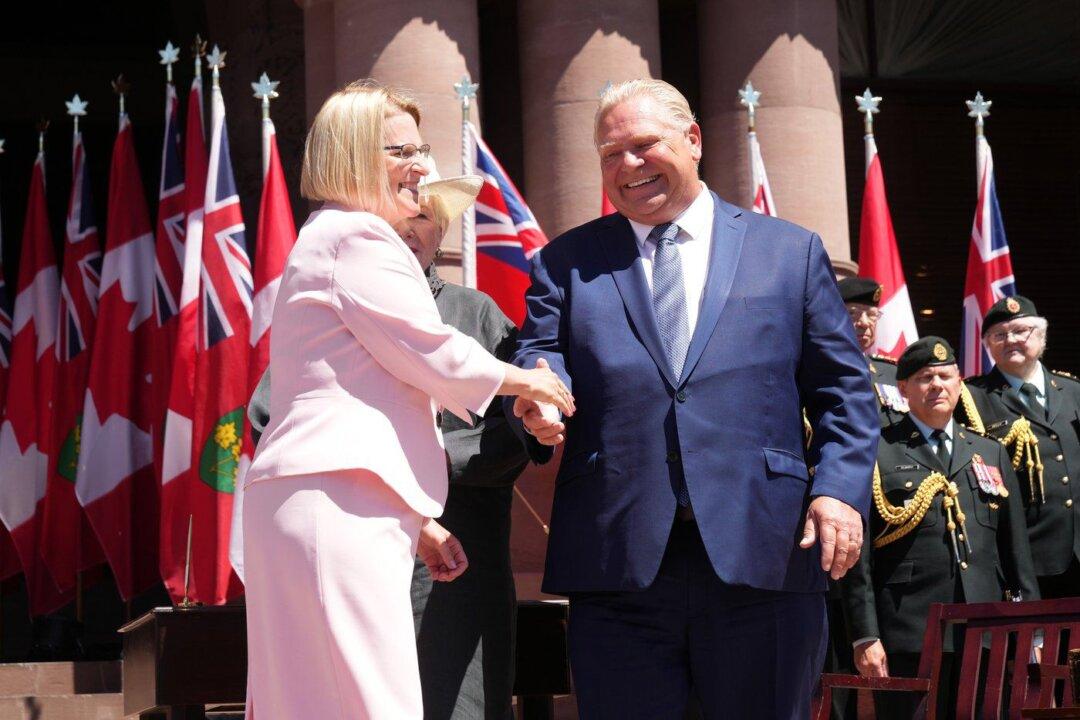A federal court judge has ruled that Doug Ford, premier of Ontario, and Sylvia Jones, former solicitor general and now minister of health and deputy premier of Ontario, have parliamentary privilege and can refuse to testify at the Public Order Emergency Commission.
Ford and Jones were issued summonses on Oct. 24 to testify at the hearings into the federal government’s invocation of the Emergencies Act to end the Freedom Convoy protest in Ottawa earlier this year. They refused to attend voluntarily, and the matter ended up in court.





